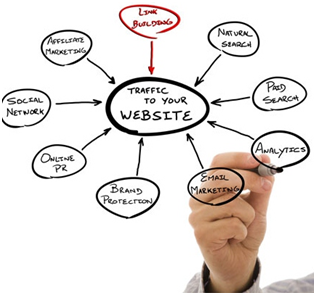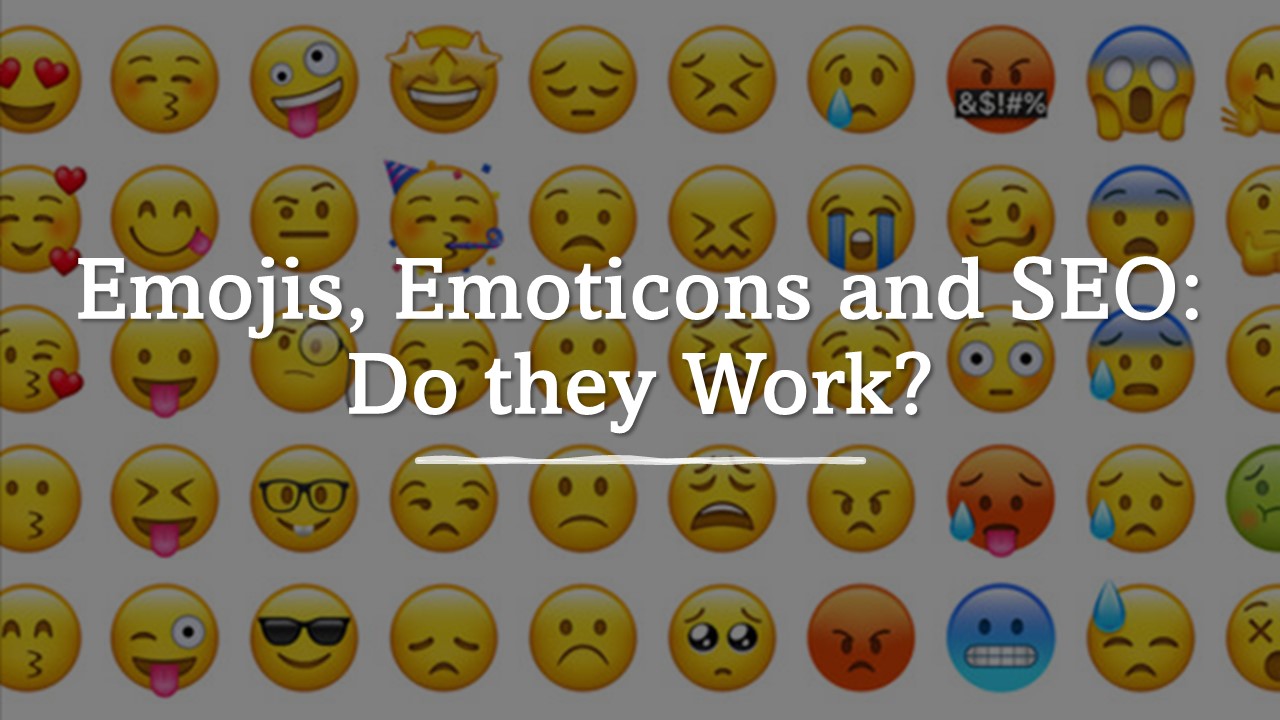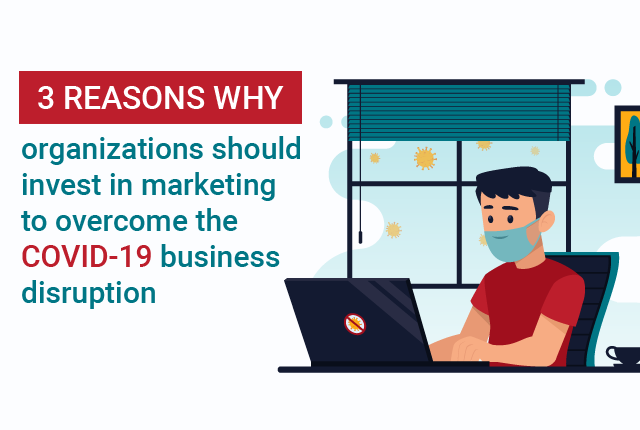Do’s and Don’ts to prevent your website from being penalized by Google

Google! Yahoo! SEO! Link Building! You like these words, the services they stand for, and even your website’s presence on the top ranks of search engine result pages. But what do you do when your website doesn’t achieve high rankings? What are the reasons why this can occur? You can find answers to most of these questions in your Google webmasters account. If you have received an alert from Google in the webmaster tool, mentioning the use of un-natural back links, there’s a high possibility that that’s where the problem lies.
Links are like flavour-adding salt to the website. Just like the right amount of salt makes food tasty, and excess salt makes it unpalatable; so it is with links on your website. I’m not here to teach you cooking or English for that matter; but ‘excess of everything is bad’ is the phrase that I wish to explore from a Search Engine Optimization perspective in this post. In the context of SEO, your website can be penalized if you add too many links within a relatively short period of time.
Here are some pointers you should be aware of, to avoid getting your website penalized by Google.
Inbound Links:
- Avoid getting a large number of one way links (both, natural or software generated) in a short time period.
- Avoid getting too many paid back-links from high ranking websites.
- Let your website be neat and clean; don’t hide content and links on your webpage.
- Try to avoid back-links from websites in languages other than that of the website.
Broken Links:
- A high number of broken links can also affect your website; so always remember to remove the page if it’s not working.
- Getting links from irrelevant websites can also cause penalization.
Content Duplicity:
- · Make sure that the content you use to optimize your website is original and relevant. Avoid low quality content.
Advertisements:
- · A limited number of ads on the website can be fruitful; but too many ads on a webpage can be have an adverse effect and result into penalization instead of driving traffic.
On Page:
- · Your website should adhere to Google’s guidelines.
- · Meta tags should not be duplicated.
- · Don’t use multiple h1 tags on the webpage.
- · Avoid unnecessary keyword repetition inside the content or meta description of your webpage
By following these good SEO practices, you can save your website from being penalized by Penguin and Panda updates. Remember that it’s not enough to do what’s right; it’s equally important to stop doing what’s not right! Keep this in mind as you set out to make your website search-engine friendly.
Does your digital marketing strategy ensure effective Search Engine Optimization? What do you do to make sure your website doesn’t get penalized? Do share your thoughts!
And if you need clarifications or assistance, you can always reach out to us at Ethinos Digital Marketing!


what do you think?